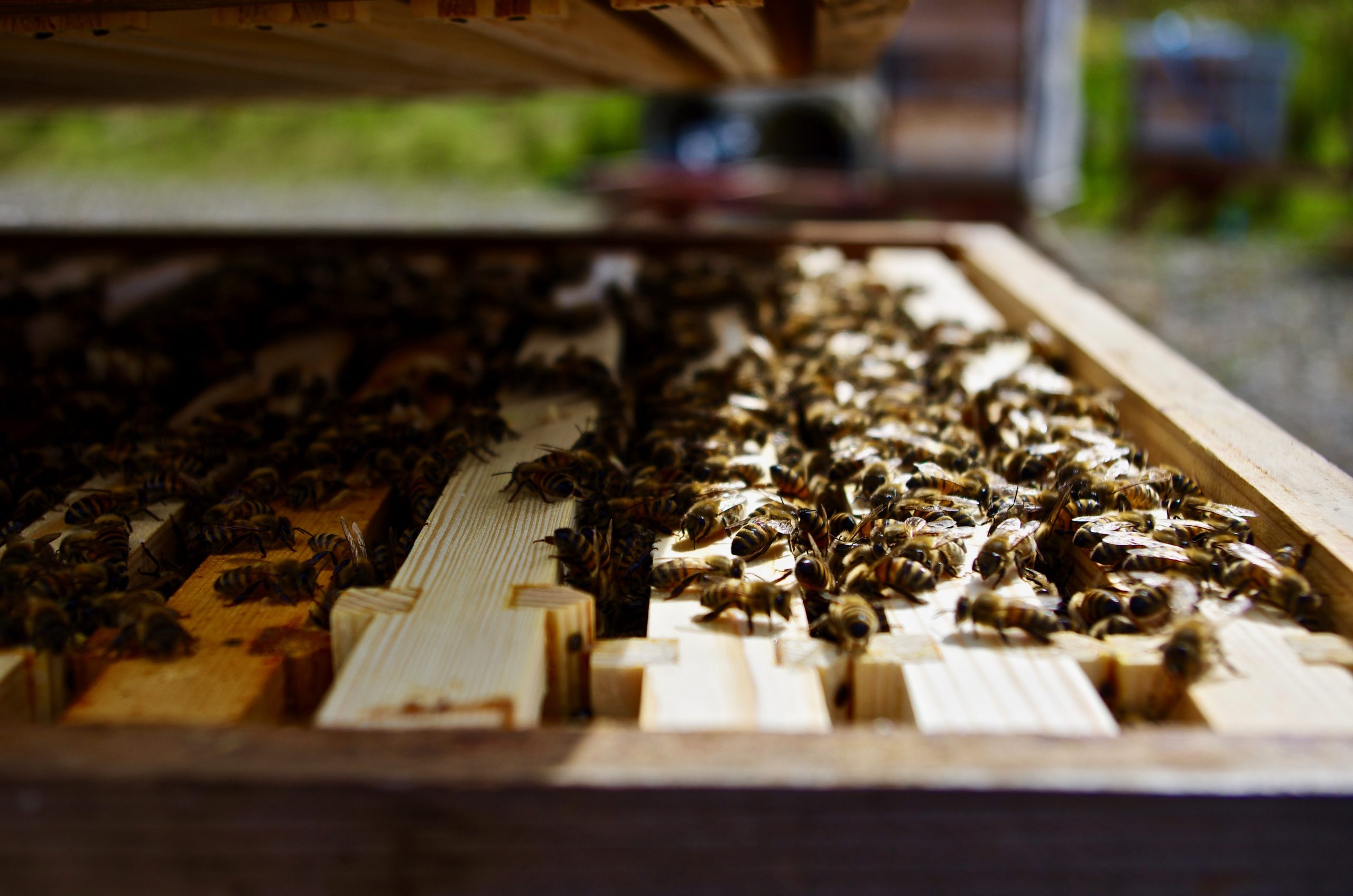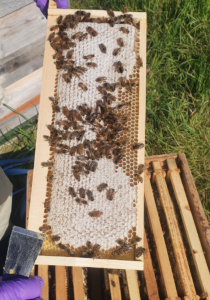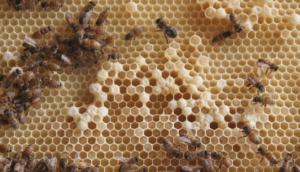Save the bees
Save The Bees Help us to grow local bee numbers
FREE Delivery Orders over £60 & FREE Gift Orders Over £100
FREE Delivery over £60 | FREE Gift Orders Over £100

Climate Change or Global warming has a significant effect on weather systems all over the world. The biggest concern for beekeepers is the shift in seasons, which has a direct effect on plants but a more passive effect on bees.
Spring is a particularly sensitive time for plants and bees alike, growth relies on favourable weather conditions. But what happens if the weather is cold and unfavourable? Plants will remain dormant and the queen bee will not resume egg laying until the weather improves. This is a big problem for a colony of honey bees. The old winter bees inevitably die off, which will leave the colony unable to sustain itself and ultimately die.
Breeding is one way to help reduce the effect of climate change on honey bees. Bees will need to be more responsive to the changing climate and quick adaptation is of paramount importance. This is the fundamental underpinning of the bee breeding we do at Northumberland Honey Co. We are first and foremost beekeepers, and without our bees we have nothing. So the health and strength of our bees is always at the forefront of our work.
A large part of this is selecting from our best colonies, and breeding from these. Something as simple as this has reduced our winter losses to less than 5% against a background of losses anywhere around 50% nationally. Good breeding of bees and good husbandry are the most crucial aspects of keeping the bees alive.
We also need to ensure the next generation has the skills to be able to keep bees well. Which is where our bee farming apprenticeship scheme comes in.
So in summary there are many effects of climate change on honey bees. Yet the positive news is that there are many things we as beekeepers can do to help.
To read more about our bee breeding work visit our queen breeding page
Or if you are keen to help out and work in the beekeeping industry please consider the bee farmers apprenticeship scheme.
You must be logged in to post a comment.
Save The Bees Help us to grow local bee numbers

What is Raw Honey The simple definition of raw honey

How to Deal with Laying Workers Laying Workers Laying workers